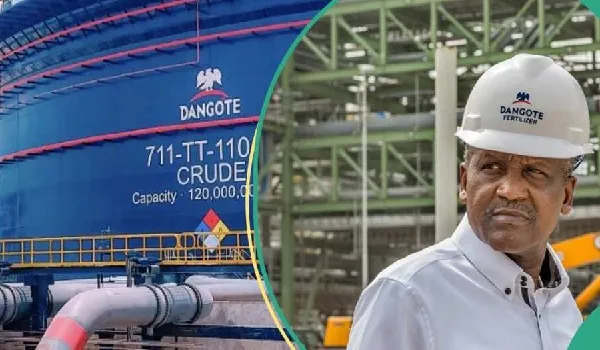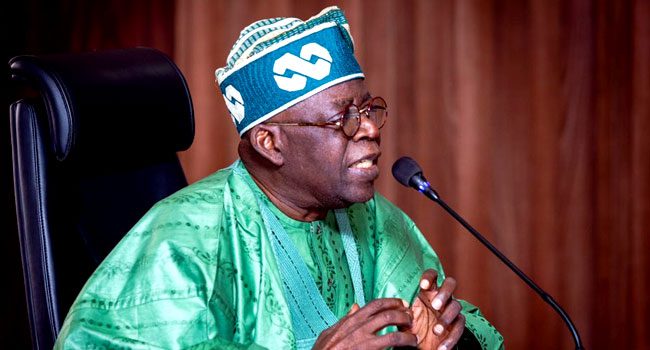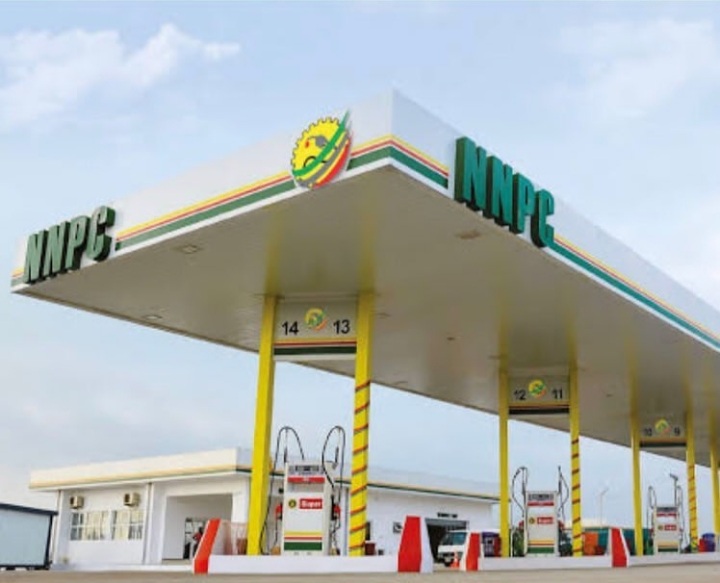On Tuesday 23 April , the Dangote Petroleum Refinery declared that the pricing of aviation fuel and diesel would now be N980 and N940 per litre, respectively.
This follows its widely publicised price drop to N1,000 just over two weeks ago.
Customers purchasing five million litres or more from the refinery would pay N940, while those purchasing one million litres or more will pay N970.
Speaking on the recent development, Mr Anthony Chiejina, Head of Communication, stated that the new pricing is in line with the business’s pledge to lessen the impact of Nigeria’s economic suffering.
“I can certify that Dangote Petroleum Refinery and MRS Oil and Gas stations have formed a strategic alliance to guarantee that customers can purchase fuel at reasonable costs at all of their stations, whether they are located in Maiduguri or Lagos. At all major airports where MRS operates, you may get aviation fuel for N980 and diesel for as little as N1,050 per liter.
He added that additional significant oil marketers would be included in the cooperation. Making sure that retail shoppers don’t pay outrageous costs is the main goal here.
“The Dangote Group is delighted to announce these new prices and hope that they would go a long way toward ensuring that Nigerians have better welfare,” the statement reads.
Recall that just two weeks ago, the Dangote Petroleum Refinery’s management announced a further drop in the price of diesel, from 1,200 to 1,000 Naira a liter.
The price of diesel has dropped significantly three times in less than three weeks. Previously, it was sold for N1,700, N1,200, and then again for N1,000. As of right now, the price per litre of diesel and aviation fuel is N940 and N980, respectively.
Dangote had received praise from President Bola Tinubu for the initial price drop, which he called a “enterprising feat.”
The Manufacturers Association of Nigeria’s Director General, Mr. Ajayi Kadiri, responded to the most recent development by saying, “The decision of Dangote Refinery to first crash the price from roughly N1,750/litre to N1,200/litre, N1,000/litre and N940 is now a powerful example of how regional businesses can have a positive influence on the state of the federal economy.
In light of the insufficient and growing cost of electricity, he continued, “The trickle-down effect of this singular intervention promises to change the dynamics in the energy cost equation of the country.”
“Many businesses will resume operations; the reduction will have far-reaching effects in critical sectors like industrial operations, transportation, logistics, and agriculture, helping to ease the high inflation rate in the country.”




